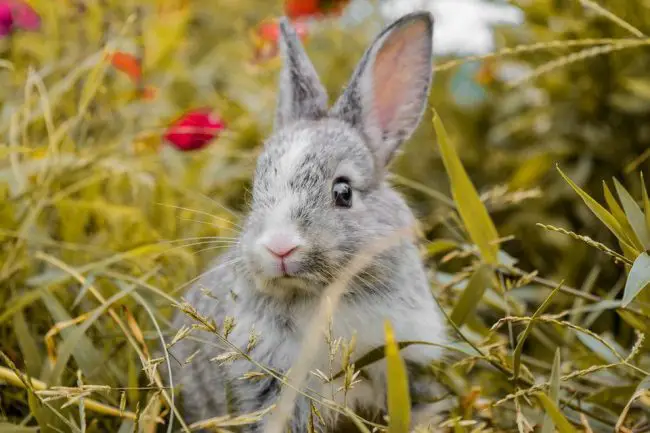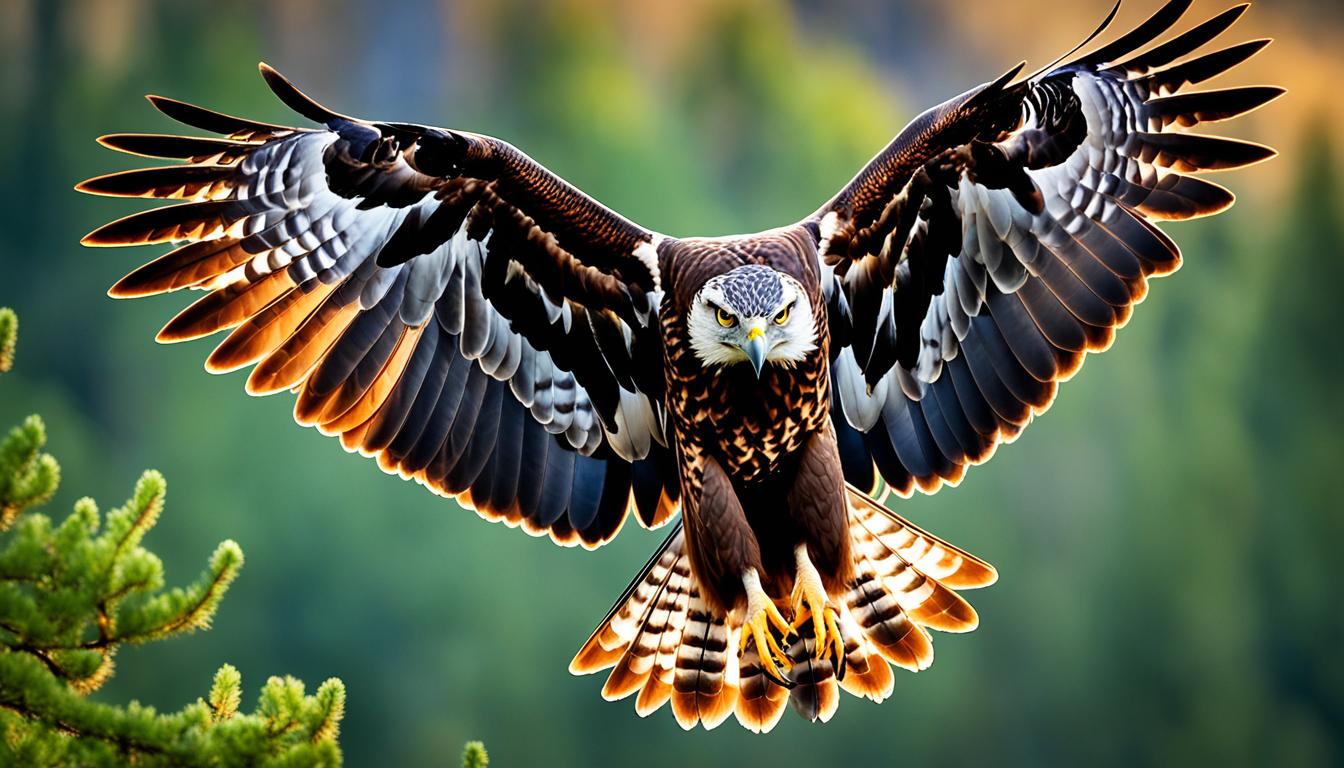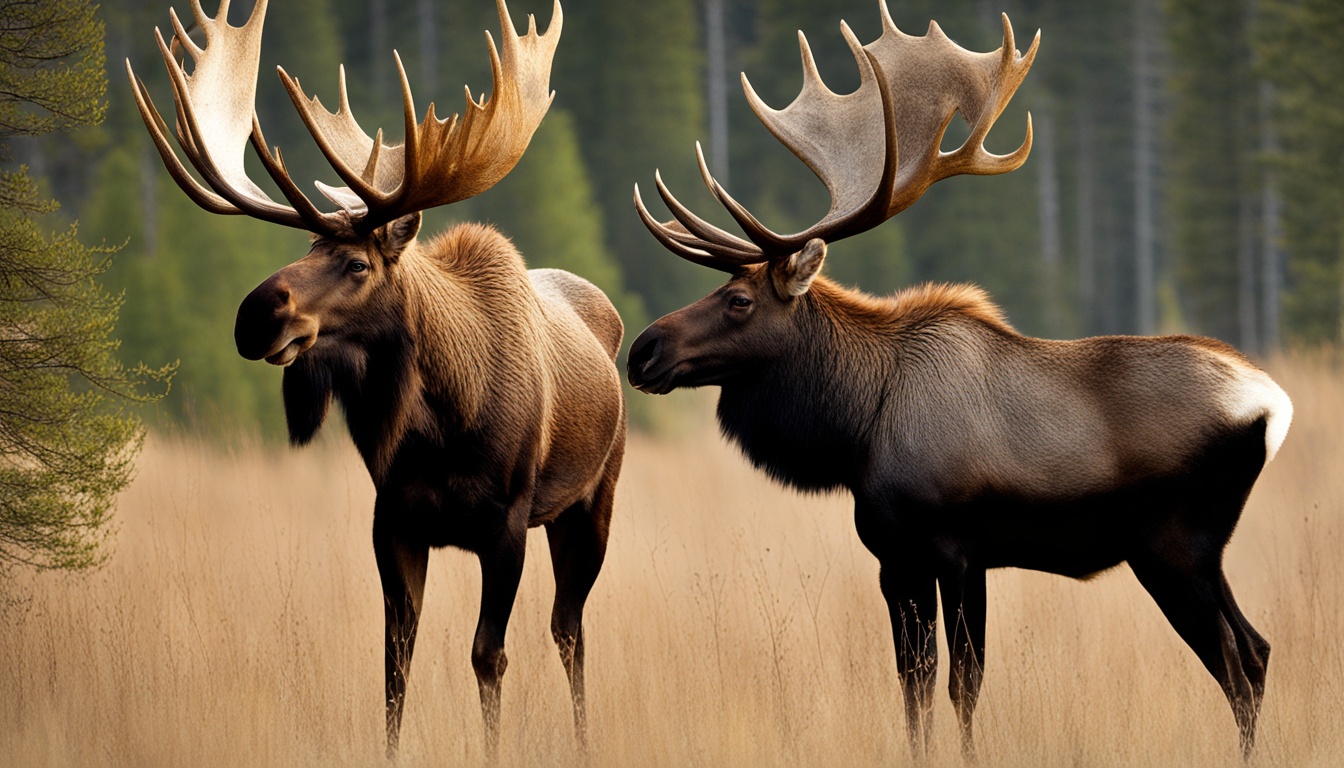Many people have wondered whether rabbits lay eggs. The answer is simple: no, they don’t. Rabbits are placental mammals, which means they give birth to live young. However, this question has persisted over the years, and it has even become a popular topic on search engines.
Even though rabbits are well-known for their association with Easter and the Easter Bunny, they do not lay eggs. This misconception may have arisen from the fact that eggs are often associated with fertility and new life, which are also themes of the Easter holiday. However, the origins of the Easter Bunny are rooted in German folklore, where the hare was a symbol of fertility and new life.
While rabbits may not lay eggs, they are still fascinating creatures with many unique characteristics. In this article, we will explore the reasons behind the misconception that rabbits lay eggs, as well as the truth about how rabbits reproduce and give birth to their young.

Rabbits and Egg-Laying
It may come as a surprise to some, but rabbits do not lay eggs. Despite the popular association of rabbits with Easter and eggs, rabbits are not egg-laying animals. The confusion may stem from the fact that rabbits are often depicted with eggs during Easter celebrations, but this is a cultural tradition rather than a biological fact.
Rabbits are mammals, and like all mammals, they give birth to live young. Female rabbits, also known as does, have a gestation period of about 28-31 days, after which they give birth to a litter of baby rabbits, also known as kits. Kits are born without fur and with closed eyes, and they rely on their mother’s milk for sustenance.
So why do we associate rabbits with eggs during Easter? The tradition of associating rabbits with eggs during Easter dates back to ancient pagan celebrations of spring and fertility. In many cultures, eggs were a symbol of new life and rebirth, and rabbits were seen as a symbol of fertility due to their ability to reproduce quickly and in large numbers.
Over time, these symbols became intertwined with the Christian celebration of Easter, which also celebrates new life and rebirth. Today, the association of rabbits with eggs during Easter is largely a cultural tradition rather than a reflection of biological reality.
The Reproductive System of Rabbits
Male Reproductive System
The male rabbit, also known as a buck, has a unique reproductive system. Unlike most mammals, the buck’s testicles are located outside of the body, near the base of the penis. The penis is covered by a sheath, which is retracted during mating. The buck has a pair of small glands at the base of the penis, which produces a sticky substance that helps to hold the sperm in place during mating.
During sexual intercourse, the buck’s penis becomes erect and is inserted into the female’s reproductive tract. It occurs quickly, and the buck is capable of mating with multiple females in a short period of time.
Female Reproductive System
The female rabbit, or doe, has a reproductive system that is unique among mammals. Unlike most mammals, the doe does not have a regular menstrual cycle. Instead, ovulation is triggered by sexual intercourse. The doe is capable of becoming pregnant at any time but is most fertile during certain periods of the year.
If fertilization occurs, the doe will give birth to a litter of baby rabbits, known as kits, after a gestation period of about 30 days. The doe is capable of producing multiple litters per year, and can become pregnant again shortly after giving birth.
Common Misconceptions about Rabbits and Egg-Laying
There are many misconceptions about rabbits and egg-laying due to popular myths and legends. One of the most common misconceptions is that rabbits lay eggs. This is likely due to the association between rabbits and Easter, where the Easter Bunny is often depicted as laying eggs. However, this is simply a myth and rabbits do not lay eggs.
Another misconception is that rabbits reproduce asexually or by parthenogenesis, where females can produce offspring without the need for fertilization by a male. While some animals can reproduce this way, rabbits are not one of them. Rabbits reproduce sexually and require both a male and female to mate to produce offspring.
Finally, it is also a common misconception that rabbits are rodents. While rabbits and rodents may look similar, they are different types of animals. Rabbits belong to the family Leporidae, while rodents belong to the family Rodentia.
It is important to understand the truth behind these misconceptions to properly care for and understand rabbits. Rabbits are fascinating animals with their own unique characteristics and behaviors, and it is important to appreciate and respect them for who they are.
Are Black Lions Real or Just a Myth?
Black lions are a captivating topic of conversation, but are they real or simply a myth? While black lions may sound intriguing, it is important to note that there is no scientific evidence suggesting the existence of black lions in the world. These remarkable creatures continue to capture our imagination, but for now, they remain a product of myth and speculation.
Are Sirens Real Creatures or Mythical Beings?
Are sirens real creatures or mythical beings? The topic of sirens myths and mermaids: unraveling the mystery has long intrigued people. In Greek mythology, sirens were seductive creatures who lured sailors to their demise with their enchanting voices. However, there is no concrete evidence of their existence. Whether solely a product of imagination or inspired by real-life experiences with marine animals, the allure of sirens continues to captivate our minds.
Conclusion
After researching and analyzing various sources, it is clear that rabbits do not lay eggs. Instead, they give birth to live young through their reproductive organs, just like humans do. This is a common misconception that has been perpetuated over time, particularly during the Easter holiday season.
Rabbits are placental mammals, which means that they produce embryos inside a uterus and carry them in their womb until they are ready to be born. This is a unique characteristic of mammals, and it is what distinguishes them from other animals that lay eggs.
While rabbits may not lay eggs, they are still fascinating creatures that have captured the hearts of many people around the world. From their cute and cuddly appearance to their playful and curious nature, rabbits are a joy to be around and make great pets for people of all ages.







